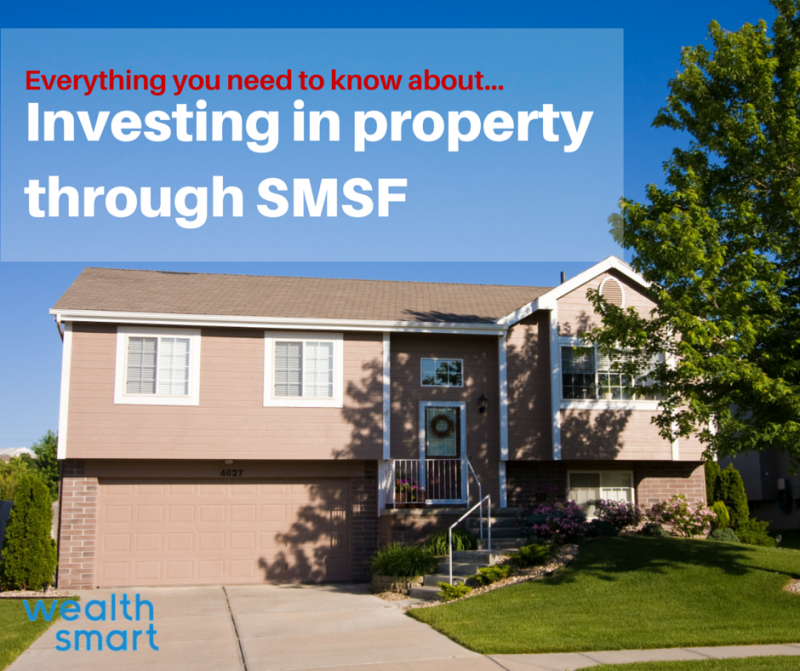- Life Insurance
- Income Protection
- Superannuation
- Superannuation Insurance
- Super Fund Income Protection
- SMSF Insurance
- SMSF Life Insurance
- SMSF Income Protection
- Wealth Smart’s Superannuation Employer Contribution Solutions
- Super Centre
- Consolidating Your Super
- What is Super?
- Salary Sacrificing Super
- Concessional contributions cap
- Your Investment Strategy
- Our Solutions
- Corporate Employee Solutions
- Private Client Solutions
- General Insurance
- Resources
- Insurers
- Contact
- Superannuation Insurance
- Super Fund Income Protection
- SMSF Insurance
- SMSF Life Insurance
- SMSF Income Protection
- Wealth Smart’s Superannuation Employer Contribution Solutions
- Super Centre
- Consolidating Your Super
- What is Super?
- Salary Sacrificing Super
- Concessional contributions cap
- Your Investment Strategy
- Our Solutions
- Corporate Employee Solutions
- Private Client Solutions
Recent Posts
Categories

What is salary sacrifice into Super and how does it benefit you?
SMSF Investment Properties: What You Need to Know
More and more Australians are converting to a self-managed super fund (SMSF). And many SMSF trustees are using their SMSF to buy investment properties. Why? Because there are tax benefits and minimal out of pocket expenses.
But is it really all it’s cracked up to be? If you plan on using your SMSF to buy property, we’ve put together this straight-forward guide to give you a better understanding of the whys, hows and what to expect when owning property through an SMSF.

Photo credit: Images Money
What can I buy?
When it comes to investing in property through an SMSF, there are strict conditions on the types of properties you can buy – and how you use them to make money.
You cannot buy:
- A property for you, a family member or friend – you must not have any relation to your tenants
- A property used as a holiday rental – you must plan on putting in a long-term tenant
- A property previously owned by a family member or friend – you must find your new property on the market and cannot buy off a relative
- A property for renovation or redevelopment and then resale – you must buy the property as is and cannot make any improvements and resell for profit
- An overseas property
If you buy a residential property, you must intend to lease it long-term to a tenant unrelated to you. But you can buy commercial property to use for your business, as long as you pay rent directly into your SMSF at the market rate without giving yourself an unreasonable discount.
If you own a property through SMSF, you are bound by these rules. Don’t even think about getting around them: you’ll be slapped hard with a heft penalty if caught. You could be fined up to 46.5% of your entire fund’s value for breaking the rules, so you’d risk losing almost half your retirement savings.
How much will it cost?
Many people choose to invest through an SMSF because of the fewer out of pocket expenses. Plus you won’t be paying a mortgage alongside your daily expenses. But you will still have to pay stamp duty and other fees associated with buying a home.
If you choose to use an SMSF professional to help you purchase the property (which we highly recommend) you may have to pay them fees on top of other costs.

Borrowing for your SMSF
Even if you’ve had an SMSF for a long time, it is unlikely you will have enough money to buy the property outright without taking a loan from the bank. Taking thousands of dollars out of your fund for one investment is a huge risk, and a lack of 100% guarantee on the investment returns means most people choose to take out a loan.
Most banks will lend money to an SMSF but they generally ask for at least a 30% deposit on the loan.
There are a few other things you will need to consider before taking out a loan for your SMSF:
- Additional costs: An SMSF property loan is generally more expensive than loans outside the fund. You will want to ensure you have a good idea of the increased cost of the loan when deciding whether or not you can afford it.
- They are difficult to cancel: It’s really tough to cancel a contract on an SMSF loan once it has been made with the bank. If your arrangement and contract has not been set up properly, it’s almost impossible to change. You may need to sell your property instead, which can cause a loss to your SMSF.
- You need to have the cash flow: Loan repayments will be made out of your SMSF, so there will always need to be enough liquidity to make the payments. This means you need to be careful with other investment timings to ensure there is always enough cash in the fund.
- You cannot use borrowings to renovate: You can use money from the bank for regular maintenance but you cannot use it to improve the value of the home. Value can only increase through inflation.
What are the benefits?
While we can’t deny that buying a property through your SMSF can be risky, there’s no doubt there are some huge benefits available to SMSF owners who do it right – and these are mainly tax benefits.
If you are in the pension phase of your SMSF and choose to sell your property, capital gains tax will not apply, so you can reap the full benefits of a significant cash injection into your fund.
If you’re still an accumulator, you will have to pay some capital gains tax, but this will be at a substantial discount to what you’d pay if your property was owned outside of your SMSF.
Tax on SMSF earnings is capped at 15% so you will most likely have a cheaper tax rate on your property’s earnings. You can also use negative gearing to further reduce the tax payable, meaning that interest and other costs related to holding the property can be offset against other taxable earnings.
Finally, there are a lot of costs related to owning a property such as council rates and bills. These can be paid directly out of the fund, significantly reducing out-of-pocket expenses so you have more to spend each day.
What are potential downfalls?
There are potential downfalls of owning an investment property through SMSF – but this is for your own good, we promise.
Perhaps the biggest downfall of owning a property through SMSF is simply the sheer size of the investment. Few investors, no matter how much money they have, would pour such substantial amounts into a single investment.
It’s important to ensure that you can still afford to have diversified investments and a broad investment portfolio in your SMSF. Putting all your eggs in the one basket could have a devastating effect on your fund if something was to go wrong.
You’ll also want to be aware that the complicated nature of the loan arrangements could cause you to lose more than you are earning, particularly during the early stages of owning the property. Make sure you weigh up the costs accurately and realistically so you know if you’ll be sending your fund into the red and potentially affect other investments in the process.
Finally, beware of SMSF property investment fraudsters. They will offer you great properties at a price you think you can afford, but then undercut you in the process. It could cost you dearly. For more on SMSF property investment frauds, check out this great story in The Sydney Morning Herald.
Should I invest in property through my SMSF?
We can’t make generalised statements as to whether or not you should do anything with your investments. Each SMSF is different. For some, property investment may be the way to go while for others it wouldn’t suit.
Our best advice? Make sure you use a qualified and licensed SMSF professional for everything relating to SMSF investments.
SMSFs may be called “DIY super”, but unless you’re a financial and investment expert, taking a true DIY approach isn’t in your best interests. Seek help, research, and have someone assess your situation individually so you can make an informed decision on your investment strategies.
This article has been adapted from content on the Australian Securities and Investments Commission’s (ASIC) Money Smart website and YourMortage.com.au. Information was up to date at the time of publication but may be subject to change.

